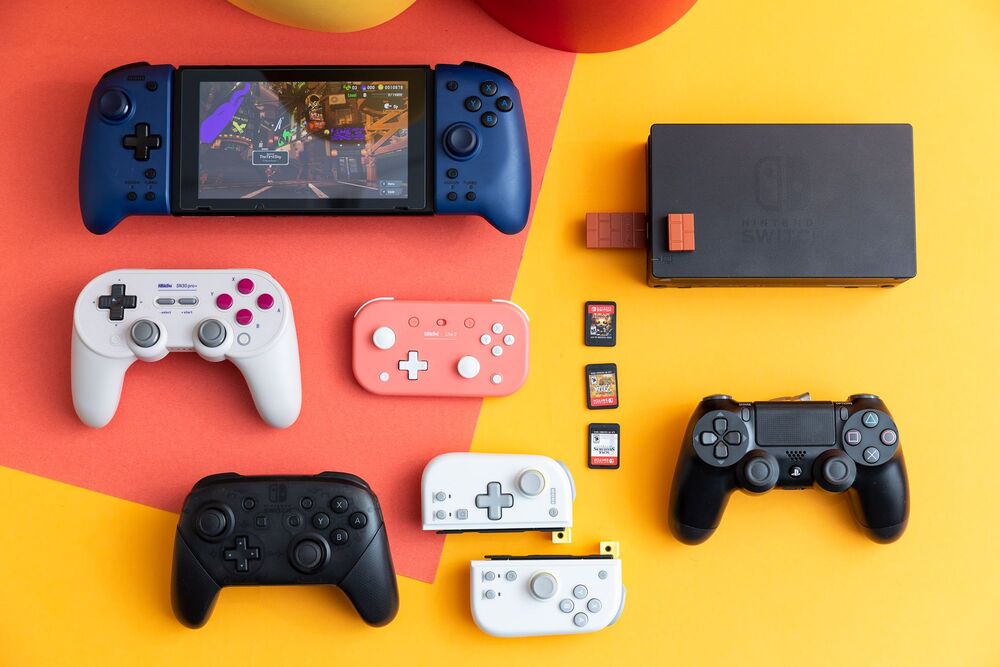Last week, my favoured gaming news site, VGC, asked former US PlayStation boss Shawn Layden whether he thought the pursuit of more powerful consoles was still the way to go for the video games industry. His answer was not what I expected.
“We’ve done these things this way for 30 years, every generation those costs went up and we realigned with it. We’ve reached the precipice now, where the centre can’t hold, we cannot continue to do things that we have done before … It’s time for a real hard reset on the business model, on what it is to be a video game,” he said. “We’re at the stage of hardware development that I call ‘only dogs can hear the difference’. We’re fighting over teraflops and that’s no place to be. We need to compete on content. Jacking up the specs of the box, I think we’ve reached the ceiling.”
This surprised me because it seems very obvious, but it’s still not often said by games industry executives, who rely on the enticing promise of technological advancement to drum up investment and hype. If we’re now freely admitting that we’ve gone as far we sensibly can with console power, that does represent a major step-change in how the games industry does business.
So where should the industry go now?



deleted by creator